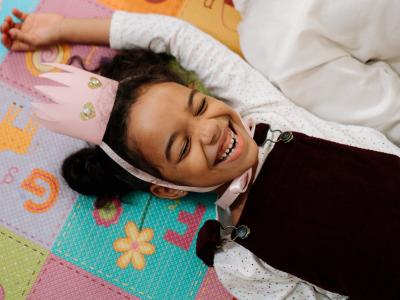Policy Brief/Analysis
April 11, 2024

Our library provides research reports, policy briefs, fact sheets, and more to support informed decision-making and enhance early education quality. These resource are free and open to the public.
721 results
Sort by:
April 11, 2024
April 26, 2024
May 3, 2024
May 16, 2024
May 22, 2024
June 11, 2024
January 11, 2019
December 11, 2018
July 9, 2024
July 10, 2024